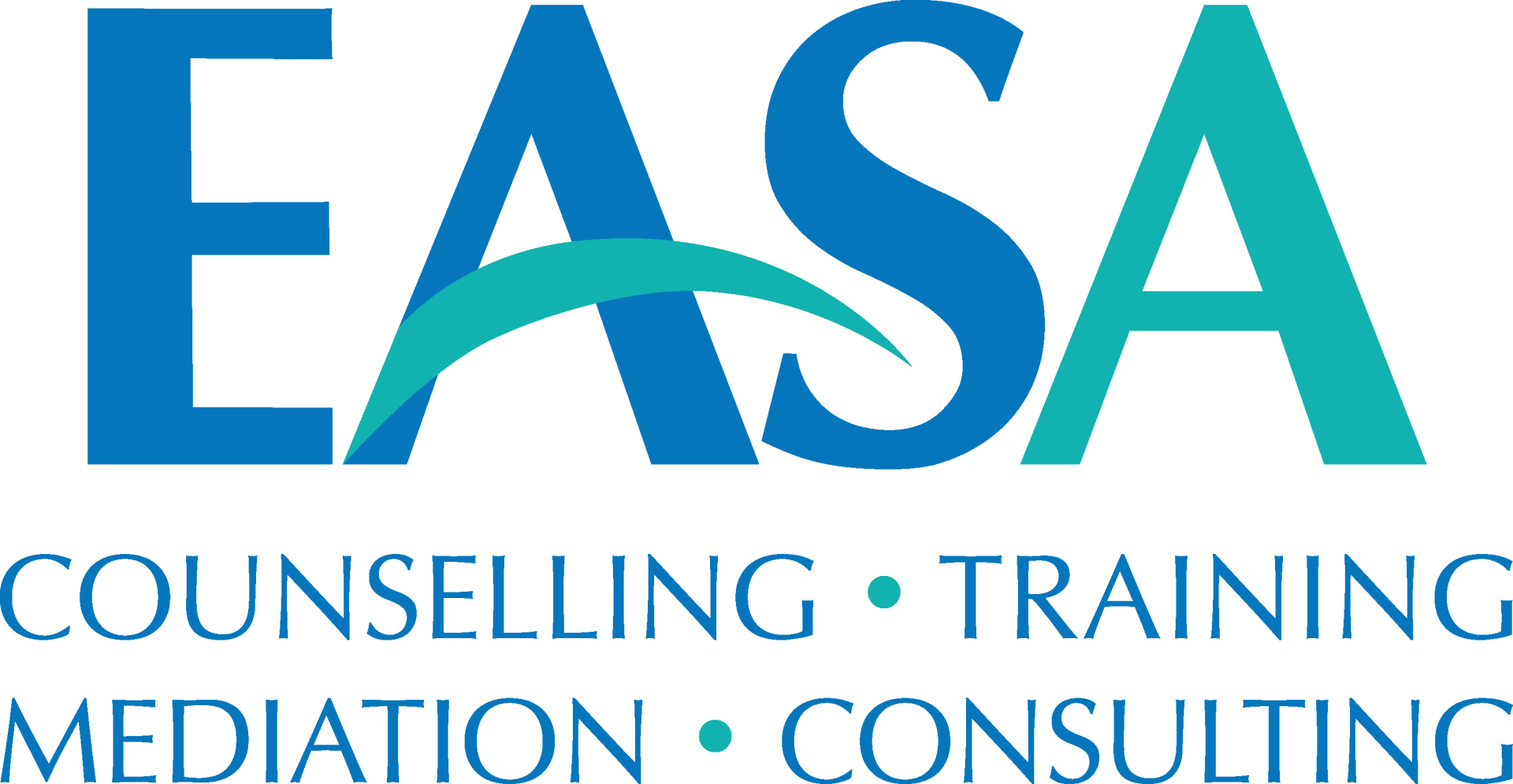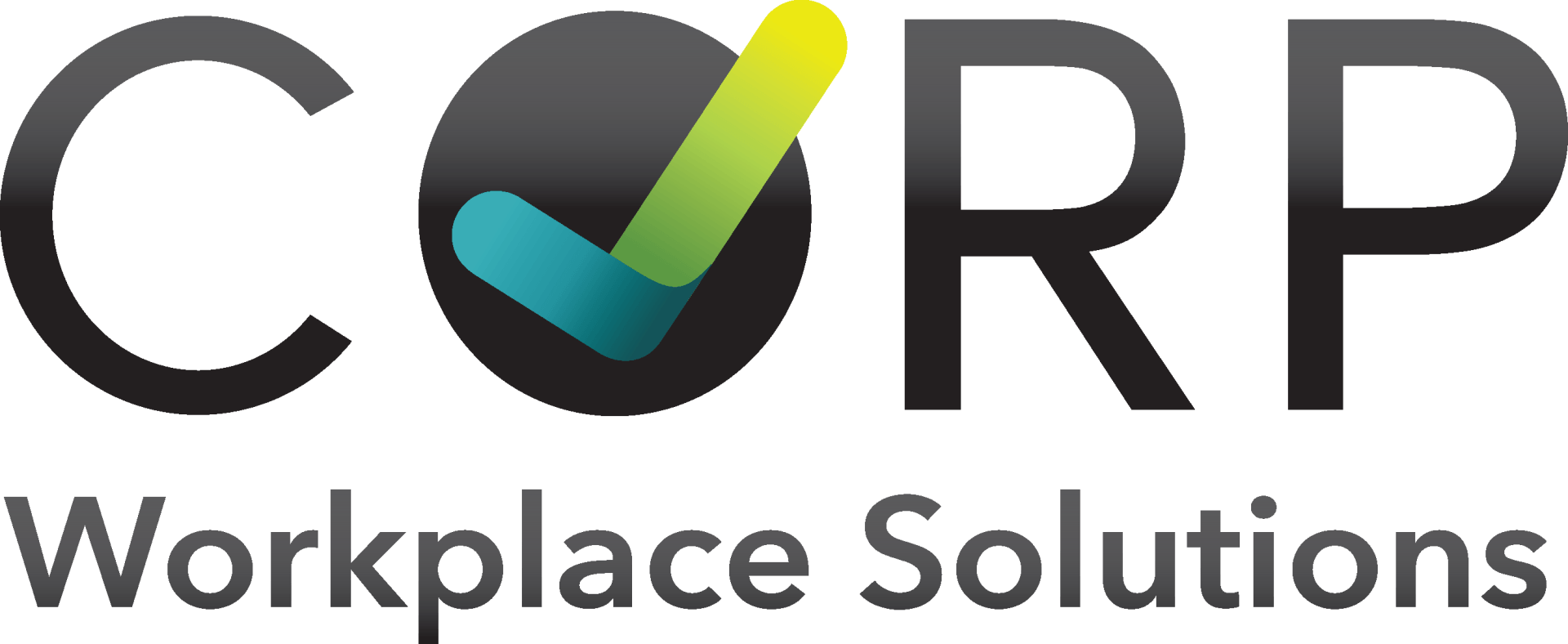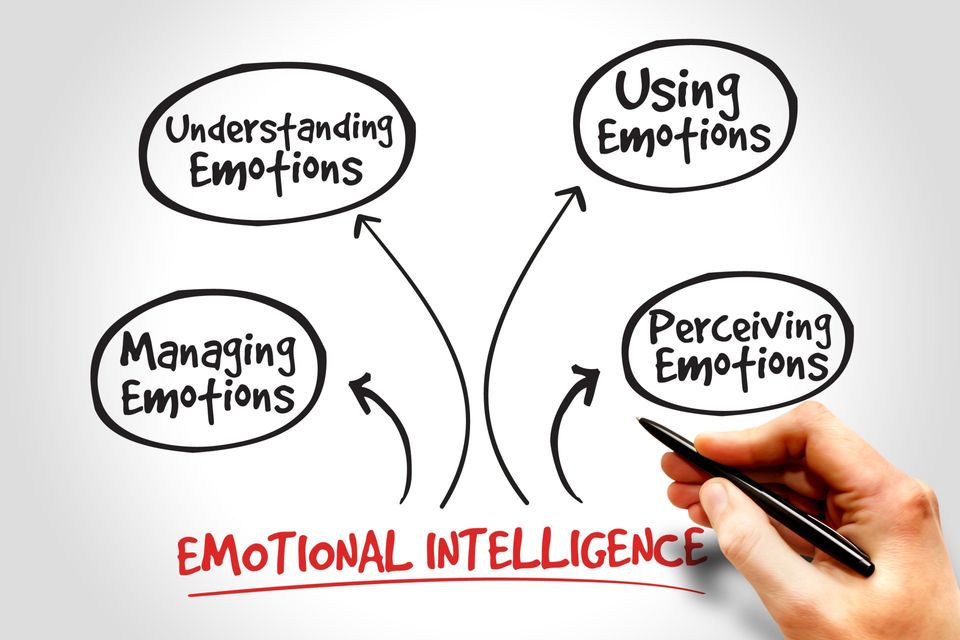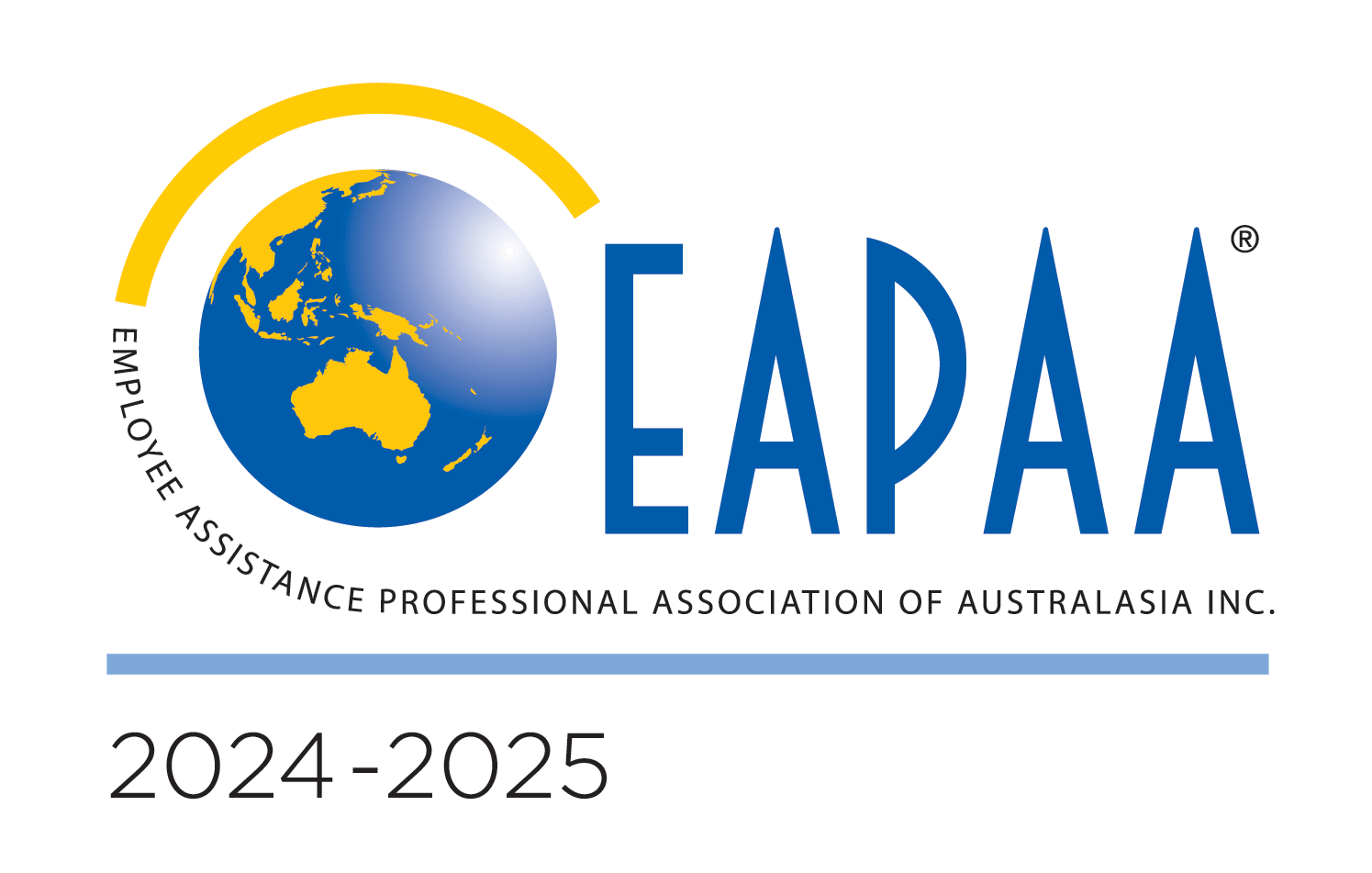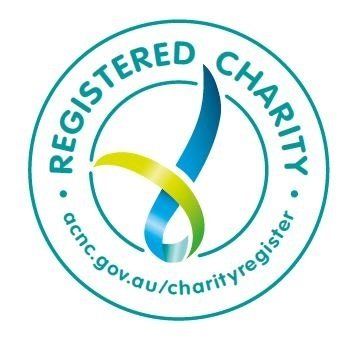Developing Relationships
Maximising Interpersonal Effectiveness
Our ways of relating to each other are embedded constantly in relationships and this is a continual process, relearning or new learning. The relational aspects are of the highest significance to our psychosocial development and our individual ability as learners to sustain positive relationships. These aspects are the building blocks of self-esteem and atonement.
When we use positive and flexible ways of responding to each other, our communication is likely to be more effective. We all have a range of behavioural tendencies and habits to draw on. Moment-by-moment it can be hard to choose the right ones. This is an art as well as a skill. The more we are aware of our tendencies, and understand them, the easier it is to develop more effective modes of communication. In other words we are lifting our level of awareness of our emotional literacy.
Emotional Literacy
Emotional literacy describes key aspects of human social functioning. Understanding the nature of behaviour and how a person uses behaviour, both positive and negative, helps to build self-awareness, the key domain of emotional intelligence. Emotional literacy is learning how to expand and enrich the use of positive modes of behaviour and to transform negative modes of behaviour, which in turn supports ongoing development.
If you work with people, you are the tool of your trade. To become emotionally literate helps you to relate positively to others; respond more and react less, to give empowering leadership, to encourage creative collaboration. The more effectively you communicate and build relationships, the more effective your outcomes will be. It’s not just what you do – it’s how you do it that really, matters.
